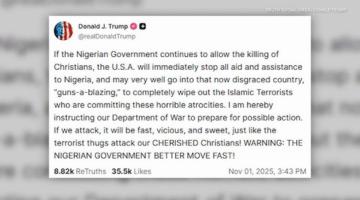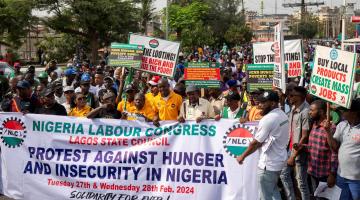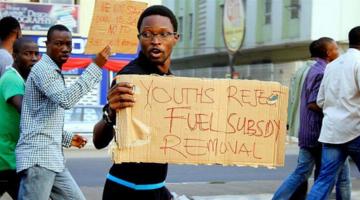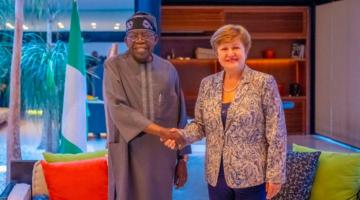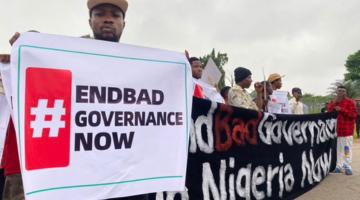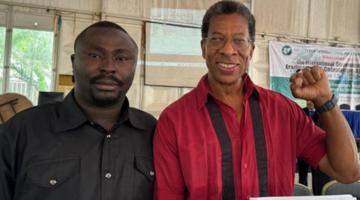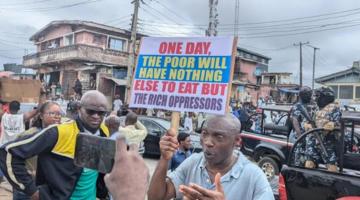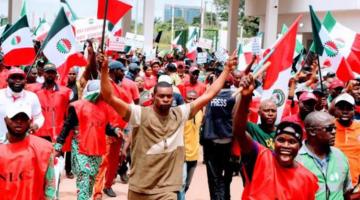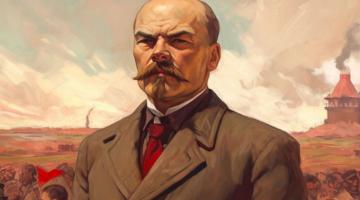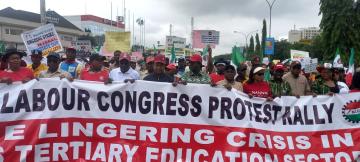The practice of accepting observers to oversee elections is quite problematic. This practice leads to interference from entities with ulterior motives and legacies of colonial control.
This article was originally published in Premium Times.
The 2023 Nigeria presidential and National Assembly elections were contentious and controversial, with some calling for their outright cancellation. While we all have our views, none of which should be discountenanced, I find it curious that some quote the reports of international election observers, as if they contained the gospel truth. As one who has officially and unofficially observed elections in Africa, Europe and Latin America, I suggest to those relying on such reports to do so with the consciousness that observing elections is not value-free.
International election monitors or observers are not tourists interested in wildlife, sunbathing or visting historic or iconic sites; they are politically conscious people on a mission. They are educated people who can observe the same events but have different interpretations and conclusions, depending on their motives.
Sometimes, as in the Nigerian election, some observers behave like active actors who feel entitled to magisterial declarations and actions. For instance, the European Union Election Observation Mission, which had 110 observers from 25 member states, Canada, Norway and Switzerland, suggestively, titled its preliminary report: “Elections held on schedule, but lack of transparency and operational failures reduced trust in the process and challenged the right to vote.” It virtually wrote off the elections for an alleged “lack of transparency.”
Internationally, national electoral bodies announce election results, which are the only results permissible, unless otherwise decided by the courts. In emphasising this a day after the elections, the Chairman of the Independent National Electoral Commission (INEC), Professor Mahmoud Yakubu, said on television that all organisations should “draw their figures (election results) only from the official results released by the commission as the only body constitutionally responsible for releasing official election figures.”
But the EU would not obey such a basic rule. One day after Yakubu’s statement, and two days before INEC’s official results were announced, the EU, in its public report, announced that: “Yiaga (a local observer group) is conducting a parallel vote tabulation for the presidential election.” In line with this announcement, YIAGA announced its own presidential election results different from those of INEC. After INEC announced that the All Progressives Congress (APC) candidate, Bola Ahmed Tinubu scored 36.6% or 8.79 million votes; the Peoples Democratic Party (PDP) candidate, Atiku Abubakar scored 29.1% or 6.98 million votes, and the Labour Party (LP) candidate, Peter Obi scored 25.4% or 6.1 million votes, YIAGA cheekily announced its own results. It declared that: “Yiaga Africa’s statistical analysis shows that the All Progressives Congress, APC, should receive between 34.4 per cent and 37.4 per cent of the vote, Labour Party, LP should receive between 24.2 per cent and 28.4 per cent of the votes, the New Nigeria People’s Party, NNPP, should receive between 4.6 per cent and 6.4 per cent of the vote, Peoples Democratic Party, PDP, should receive between 28.3 per cent and 31.1 per cent of the vote, while no other political party should receive more than 0.3 per cent of the vote.”
The Commonwealth Observer Group led by former South African President Thabo Mbeki, followed a different approach from the EU. It said: “Notwithstanding the shortcomings identified in these elections, Nigerians were largely accorded the right to vote. …We call on all those with grievances to address disputes through prescribed legal channels.”
In contrast to the Commonwealth, the joint report of the American International Republican Institute (IRI) and the National Democratic Institute (NDI) contained blistering attacks: “the elections still fell well short of Nigerian citizens’ legitimate and reasonable expectations. Failures of logistics, challenges with voter registration and voter card distribution, inadequate communication by INEC, lack of transparency in the publication of election data, and unchecked political violence before and during the elections overshadowed incremental administrative gains achieved in the pre-election period, and impeded a substantial number of citizens from participating in voting.”
The joint report of the AU and the Economic Community of West African States (ECOWAS) is a contrast to that of the Americans. They called on: “political parties and their candidates to settle electoral disputes through peaceful means and dialogue, in accordance with the law.”
These reports remind me of the 2002 Presidential Elections in Zimbabwe, in which I was part of the AU Election Observer Team. Daily, we went out with other international observers and in the evenings, compared notes. We all had the same reports, which showed that there was no voter intimidation, no violence, the elections were smooth and reflected the will of the Zimbabwean people. Where the opposition felt that there were some voters left out, it went to court in the evening of the elections and a judge added one extra day of voting, with which the electoral body complied.
The AU report reflected what we witnessed in the field. So also did that of the Nigerian Electoral Mission headed by former Head of the Interim Government, Chief Ernest Shonekan. But the Commonwealth Observer Mission, headed by former Military Head of State, retired General Abdulsalam Abubakar, issued a contrary report. It was one that must have been written before the elections, in accordance with the Commonwealth decision to use it as an excuse to expel Zimbabwe from its membership. Reading this body language, Zimbabwe under President Robert Mugabe decided to leave the Commonwealth.
Generally, there are security implications in observing elections because accredited persons would have access to voting areas and, possibly, collation centres where a people would be defining or determining the future of their country.
So, should countries like Nigeria simply stamp the passports of election observers or would it be democratic to screen them and decide which should be given visas and whose visa applications should be rejected?
We should ask ourselves why countries or organisations would decide to invest in our elections. Perhaps the AU coming to observe Nigerian elections would be like some peer review mechanism. It can be understandable for the ECOWAS to send an observer team as solidarity with the Nigerian state. But why would numerous observers travel from across the world to observe Nigeria elections – as guardians of democracy?
Why would they spend huge sums of money funding multiple local groups to observe the same elections they are coming to observe? It cannot be that they do not trust the locals they are funding.
We should also be curious why countries like China and India, who make up 36% of world population are not so active in observing elections, at least in Africa.
International observers come, make their observation and fly out, leaving the locals to their fate; many are birds of passage who perch for some days and fly away to other areas of interest.
Africans should welcome international election observers, but not as missionaries like in the pre-colonial days, but as interested parties from whom we have nothing to hide.
Owei Lakemfa, a former secretary general of African workers, is a human rights activist, journalist and author.

